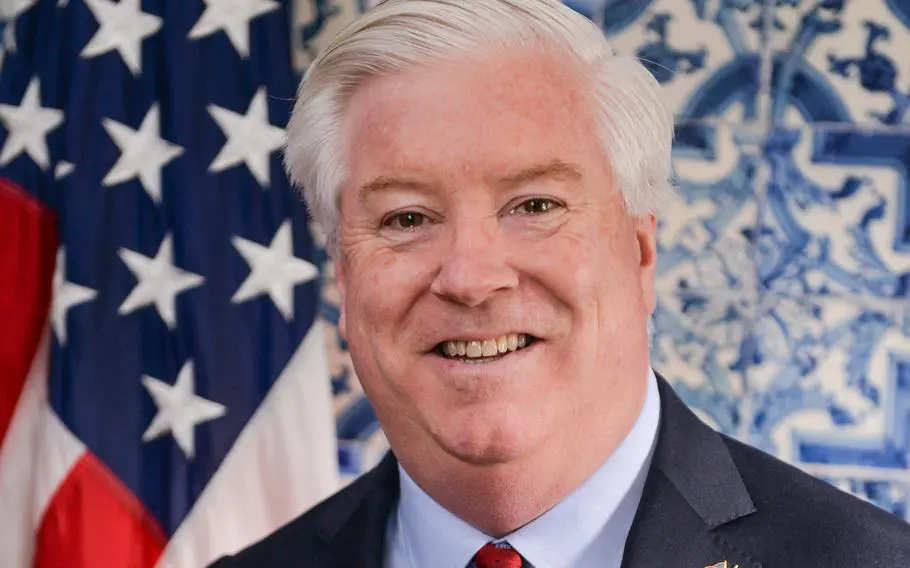On Monday, Donald Trump announced that George Glass, who previously served as ambassador to Portugal during his first term, is the president-elect’s choice for the role of US ambassador to Japan. But who is George Glass, and what might his appointment mean for US-Japan relations?
Who is George Glass?
Glass isn’t a career diplomat by training. Before joining the Trump administration in 2017, he built a successful career in investment banking and real estate. A business person turned envoy, he exemplifies Trump’s preference for non-traditional appointees. Despite his lack of formal diplomatic experience, Glass’s tenure in Portugal showcased his knack for navigating complex issues and making his presence known — often in controversial ways.
During his time as US ambassador to Portugal, Glass became a vocal critic of China’s growing influence in Europe. He strongly opposed Chinese investments in critical sectors, including energy and telecommunications. In one high-profile case, Glass publicly condemned a proposed takeover of Portugal’s energy giant Electricidade de Portugal (EDP) by China Three Gorges Corporation, warning of potential national security risks.
His criticism of Chinese tech giant Huawei also made headlines. Glass repeatedly urged Portugal to exclude Huawei from its 5G infrastructure, framing the decision as a choice between aligning with Western allies or risking strained defense partnerships with the US. In a 2020 interview, he went so far as to suggest economic consequences for Portugal, hinting that US natural gas shipments could cease if a new terminal contract was awarded to a Chinese firm.
Why Japan?
Glass’s appointment signals the Trump administration’s expected focus on countering Chinese influence in Asia. Japan, a key US ally and regional powerhouse, has long shared American concerns over Beijing’s growing assertiveness. Tokyo has already taken steps to try to limit Chinese involvement in sensitive areas, including effectively banning Huawei from its 5G networks.
In this context, Glass’s experience confronting Chinese investments and advocating for Western partnerships aligns with Japan’s own strategic priorities. However, his direct and unreserved style of diplomacy may present a challenge. Japan’s leaders prize subtlety, consensus-building, and long-term relationship management — qualities that do not always align with Glass’s more forthright approach.
Glass’s tenure in Portugal wasn’t solely defined by controversy, though. He and his wife, Mary, made contributions to local communities, particularly in the aftermath of devastating wildfires. They supported reforestation efforts, founded the U.S.-Portugal Friendship Forest and facilitated a sister-park agreement between North Cascades National Park in the States and Portugal’s Peneda-Gerês National Park. These initiatives demonstrated a softer side to Glass’s ambassadorship, one rooted in building goodwill and fostering environmental cooperation.
What to Expect
If his tenure in Portugal is any indication, George Glass’s ambassadorship is unlikely to be quiet or conventional. His track record suggests he will bring an assertive style and a focus on countering Chinese influence, priorities that align with both US and Japanese concerns. However, how his approach meshes with Japan’s diplomatic culture remains to be seen.
For now, one thing is certain: George Glass is poised to make waves in Japan. Whether those waves strengthen or strain US-Japan relations will depend on his ability to adapt his boldness to a role that requires both strength and finesse.









